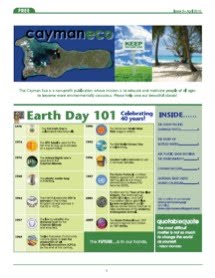
Spiegel Online International
Posted 31 August 2009
A new study by advisers to the German government has revealed that industrialized nations must radically reduce their CO2 emissions if they want to reach the internationally agreed target of limiting global warming to 2 degrees Celsius (3.6 degrees Fahrenheit) above pre-industrial levels. The climatologists are proposing setting up a "world climate bank" to allow countries to trade emission rights.
According to the German Advisory Council on Global Change (WBGU), Germany would have to halve its CO2 output compared to current levels by 2020 and cut emissions to zero by 2030 if it wants to remain on track. "These findings are as surprising as they are shocking," WBGU executive Hans Joachim Schellnhuber said about the report, prepared ahead of December's international climate summit in Copenhagen. The German government has up until now been planning much less ambitious cuts...read full story.































